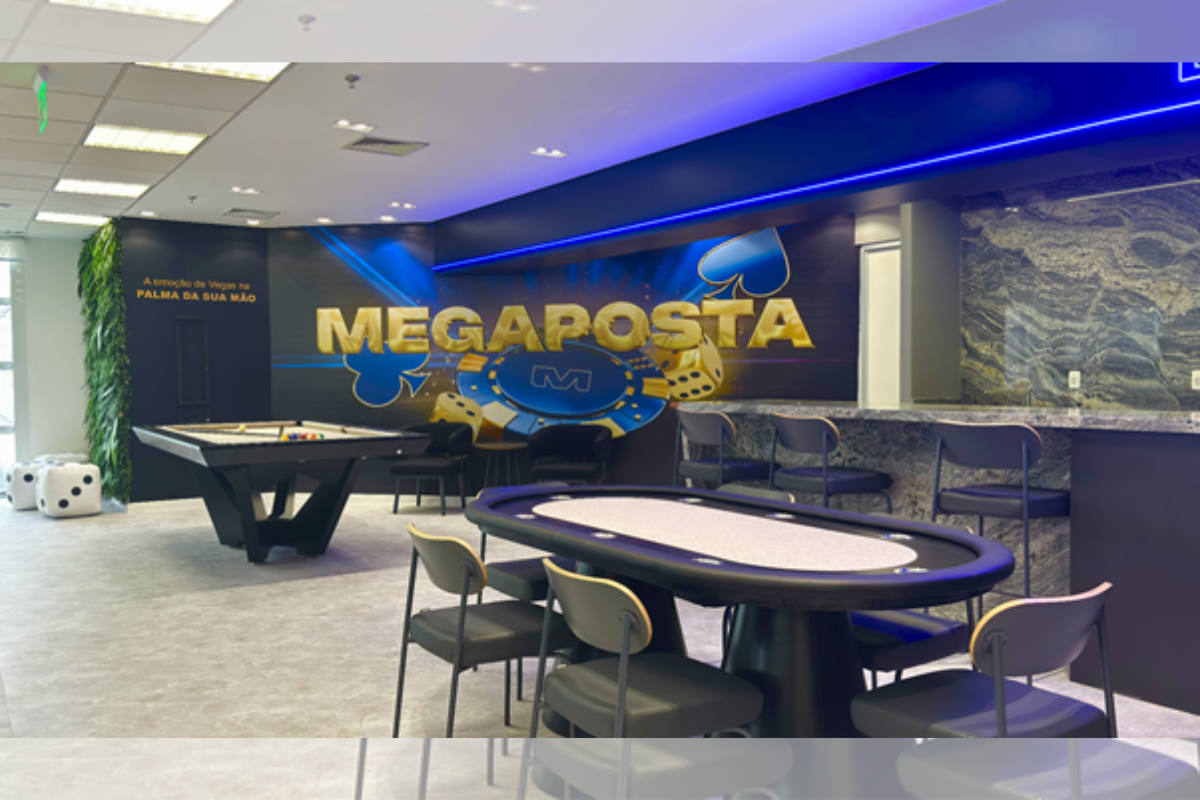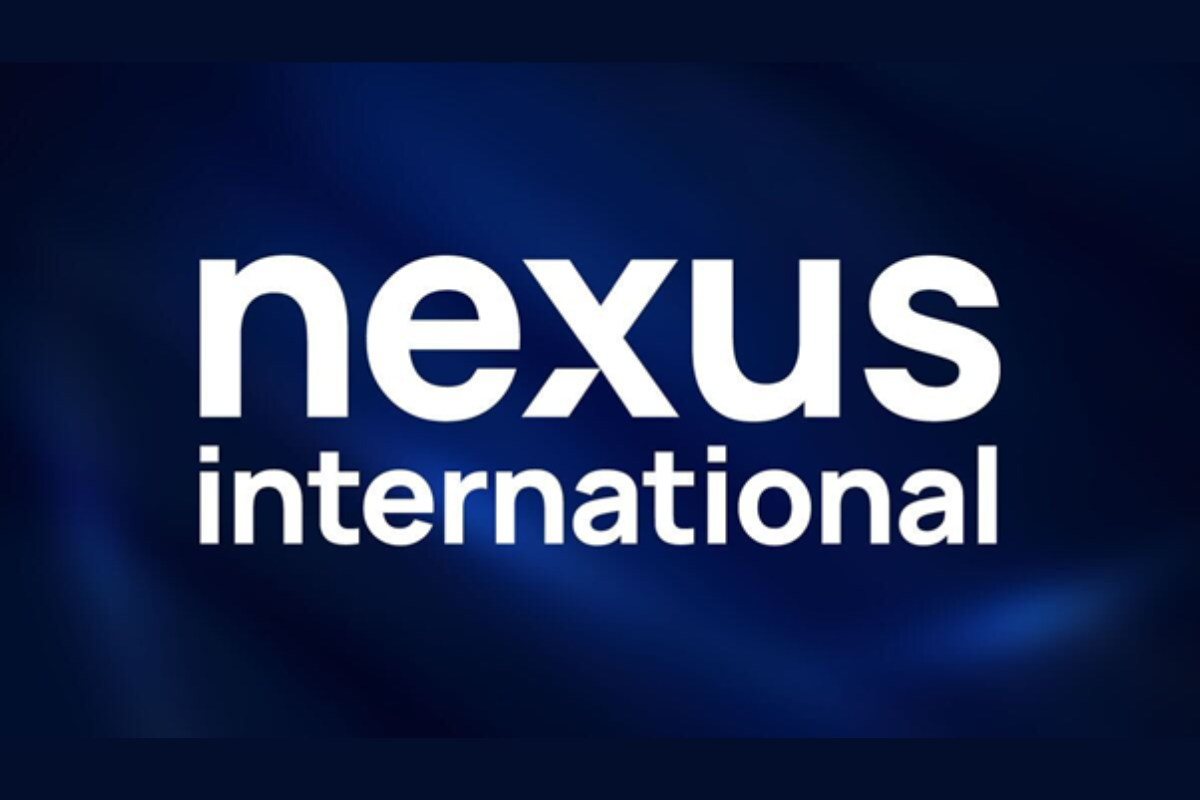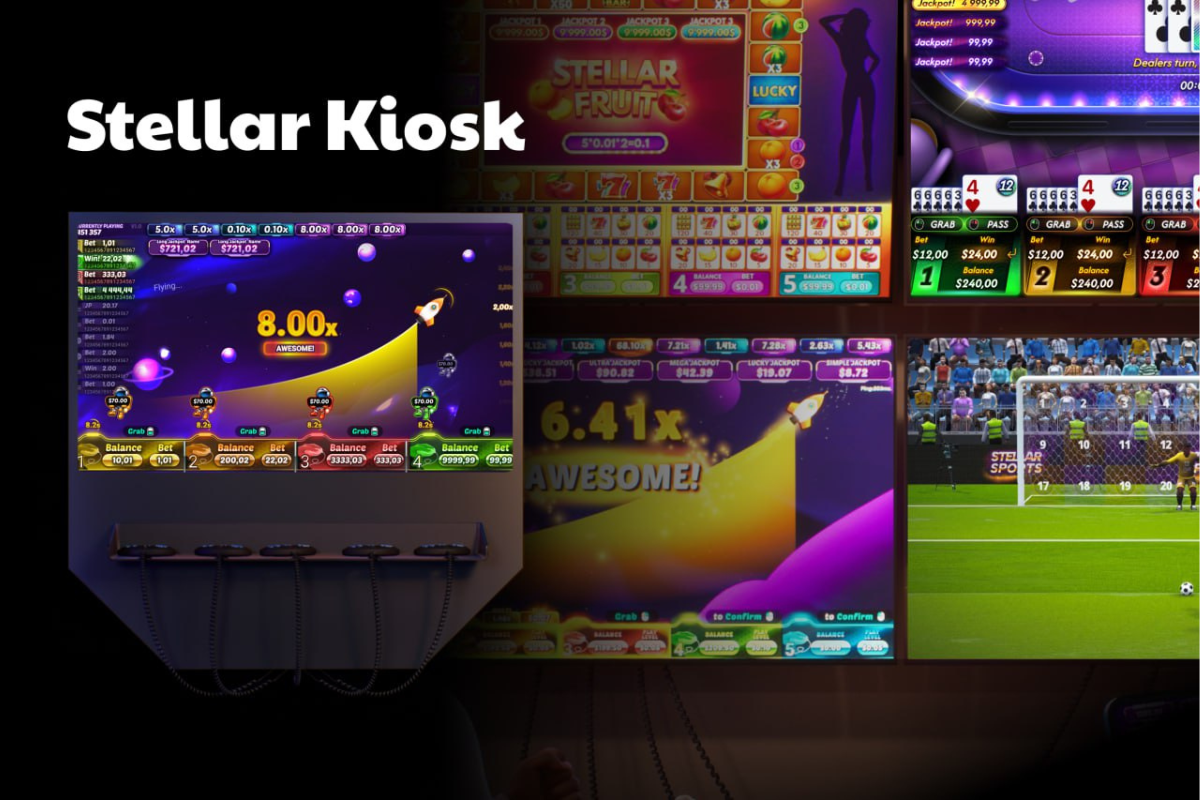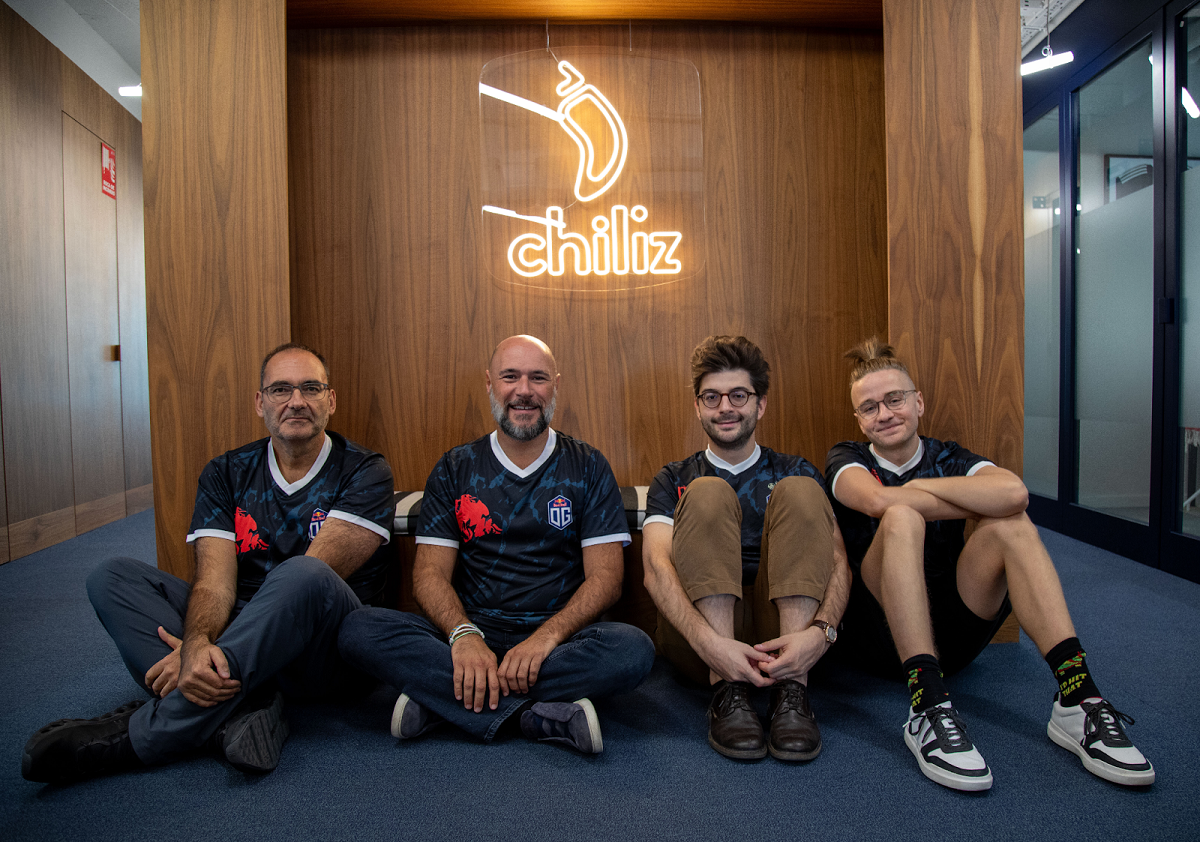Latest News
The Multi-Brand Edge: Nexus International’s $546M Half-Year Playbook

Nexus International has reported $546m in H1 2025 revenue, more than its full-year 2024 figure of $400m, placing it among the world’s top 100 gaming operators by revenue. The privately held company is attempting to build scale with a strategy distinct from many of its peers: running multiple platforms simultaneously rather than concentrating its resources on a single flagship brand.
The largest international operators, Flutter Entertainment, Entain, Bet365, DraftKings, have tended to grow through either brand consolidation or concentration. Flutter, for instance, deploys global scale across household names such as Betfair and PokerStars. Bet365 remains synonymous with its single platform identity.
Nexus, by contrast, is pursuing a multi-brand “chessboard” strategy, deploying Spartans.com, Lanistar and Megaposta to target different market segments. Founder and CEO Gurhan Kiziloz has framed this as both insulation and flexibility: each platform caters to distinct users and geographies, creating optionality in a fragmented market.
Spartans.com has been positioned as Nexus’s crypto-first platform. With more than 5,900 games live and multi-currency payment options, it appeals to users prioritising fast settlement and digital assets as betting collateral. The platform has benefited from strong adoption in markets where cryptocurrency payments are widely used for online transactions, offering a niche that larger incumbents have approached cautiously due to regulatory complexity.
Lanistar, initially introduced as a fintech venture, completed its transition into licensed gaming in 2025. Now part of Nexus International’s multi-brand portfolio, it serves as the group’s entry point into both European and Latin American markets. While detailed performance figures have not been disclosed, the brand provides geographic diversification alongside Spartans.com’s crypto-focused positioning and Megaposta’s concentration in Brazil’s regulated market.
Megaposta has been the strongest growth driver, contributing significantly to Nexus’s half-year results. The platform secured an early licence under Brazil’s new iGaming regime and has capitalised on the country’s rapid market expansion. Brazil is forecast to generate $3–4bn in annual iGaming revenue by 2026, with ARPU expected to exceed $1,500 by 2028, well above the regional average.
By focusing on compliance readiness and localisation, Megaposta has achieved early traction while some rivals faced onboarding delays linked to know-your-customer rules. Nexus recently opened a São Paulo office to consolidate operations in Brazil, underlining its intention to use the country as a regional base for Latin America.
The combination of these three brands creates a diversified portfolio unusual for a private operator of Nexus’s scale. Spartans.com targets crypto-first global users; Lanistar appeals to crossover fintech-gaming audiences; and Megaposta anchors Nexus in one of the most dynamic regulated markets globally.
This spread offers insulation: if regulatory conditions tighten in one market, other brands may continue to perform. It also provides flexibility: the company can pivot investment between brands depending on which geographies or user demographics show the strongest momentum.
While the model provides advantages, it also raises challenges. Multi-brand operations require significant marketing, compliance, and technology investment. Publicly listed incumbents manage these demands with deep capital reserves and broader governance structures. Nexus remains privately funded, operating without external shareholders or a formal board.
That structure has allowed speed; Nexus exceeded its 2024 revenue in six months, but it places responsibility squarely on the founder. Analysts note that maintaining discipline across three brands in 40+ markets will test the company’s ability to balance agility with oversight.
For the remainder of 2025, Nexus has set a revenue run-rate of $1.1bn–$1.2bn, with a stretch target of $1.54bn. Achieving this would consolidate its position within the top 100 operators, closer in scale to mid-sized public peers such as Betsson AB.
Whether the chessboard approach proves sustainable will depend on how effectively Nexus can manage its diverse brands under tightening global regulation. In Brazil, competition from well-capitalised multinationals is intensifying. In crypto-enabled markets, regulatory clarity remains patchy. And in Europe, cross-border compliance demands continue to rise.
Still, Nexus’s trajectory demonstrates that privately held companies can enter the top tier of gaming operators by deploying differentiated strategies. The multi-brand model, unusual for a company of its size, provides both opportunity and risk as it seeks to expand in a consolidating industry.
-

 Asia6 days ago
Asia6 days agoDigital gaming disruption tackled in 1st AsPac Regulators’ Forum
-
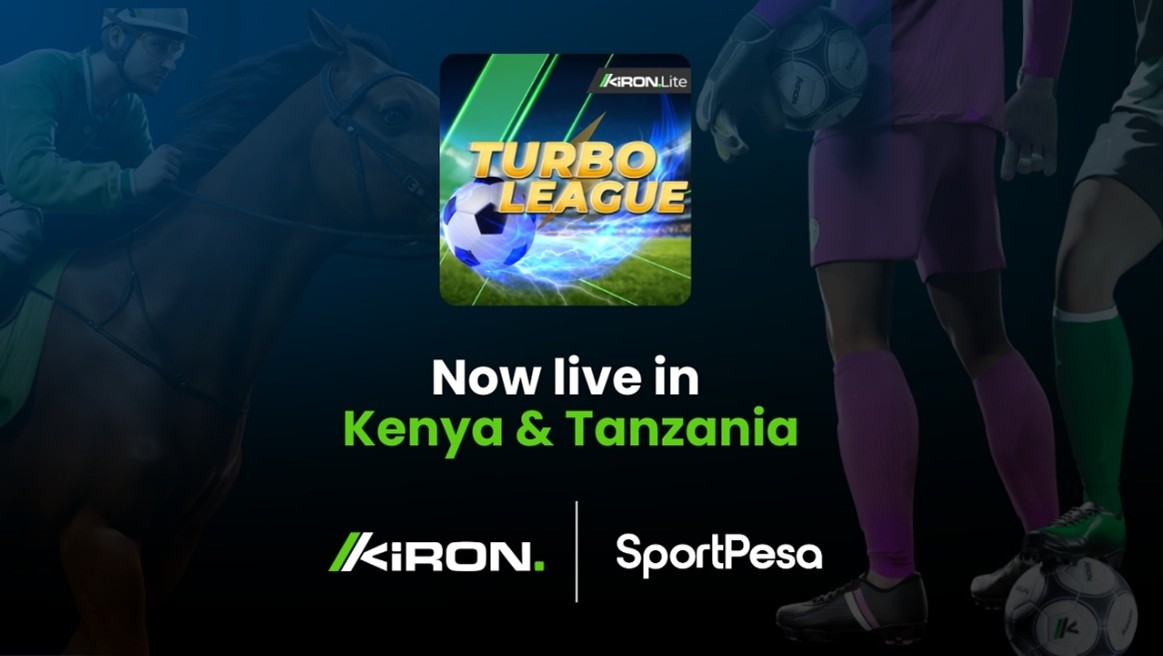
 Africa7 days ago
Africa7 days agoKiron announces the launch of its new virtual football title, Turbo League, with SportPesa in Kenya and Tanzania
-
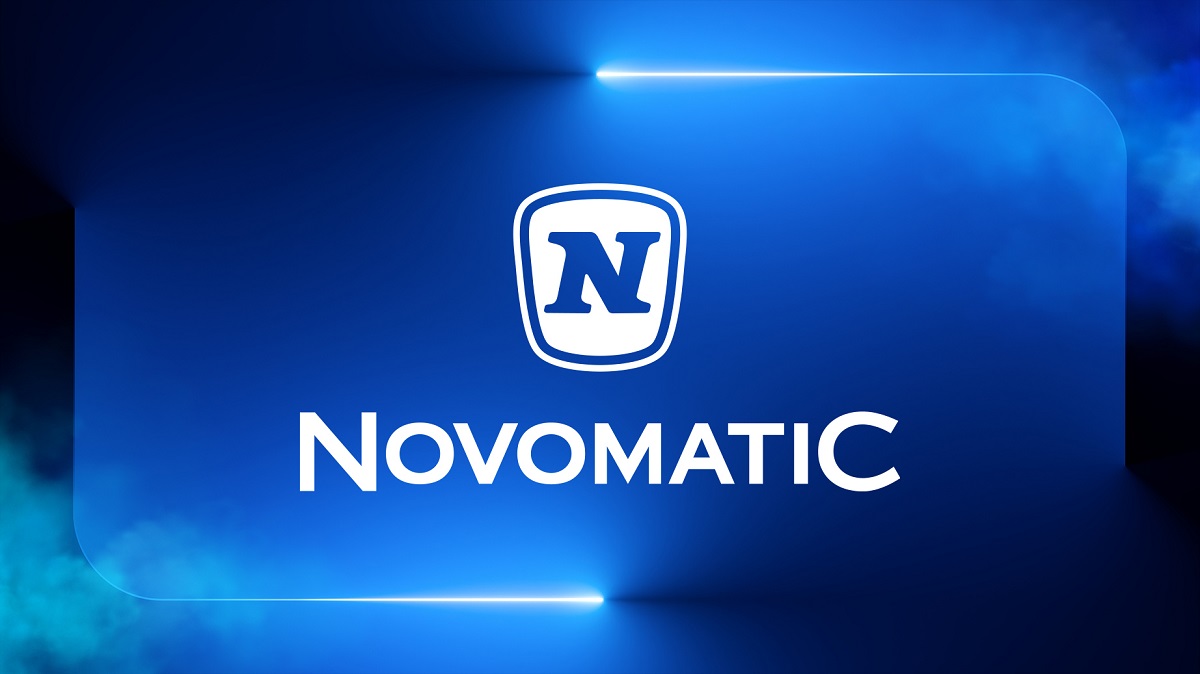
 Aquisitions/Mergers7 days ago
Aquisitions/Mergers7 days agoNOVOMATIC successfully completes sale of ADMIRAL Austria to Tipico and focuses on international growth markets
-

 Compliance Updates7 days ago
Compliance Updates7 days agoSOFTSWISS Releases Gambling Regulation Directory for iGaming Operators
-
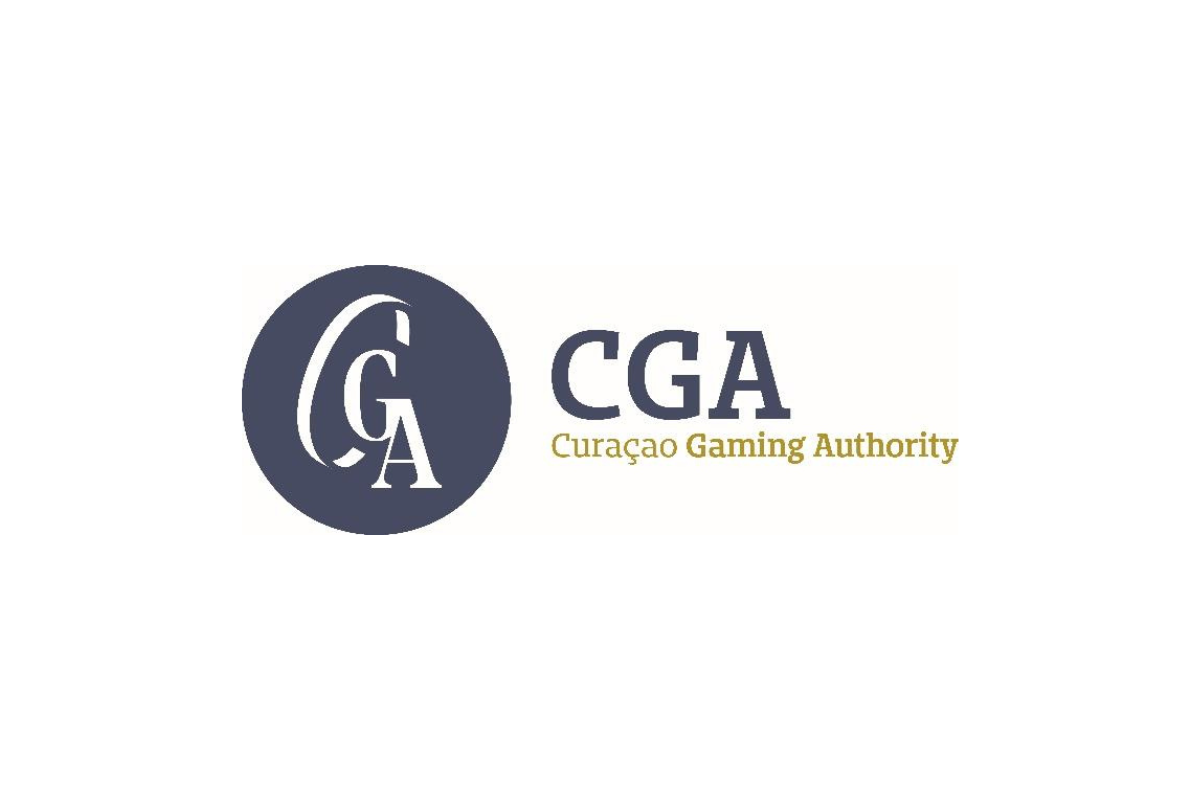
 Compliance Updates7 days ago
Compliance Updates7 days agoAlternative Dispute Resolution (ADR) Role and Certification
-

 Asia7 days ago
Asia7 days agoiRace Media extends partnership with The Hong Kong Jockey Club in Asia
-

 Central Europe7 days ago
Central Europe7 days agoSYNOT Games Delivers Bespoke Games Exclusively for SazkaHry.sk in the Slovak Market
-

 Latest News7 days ago
Latest News7 days agoIs Horse Racing Betting Still Popular In Europe?







